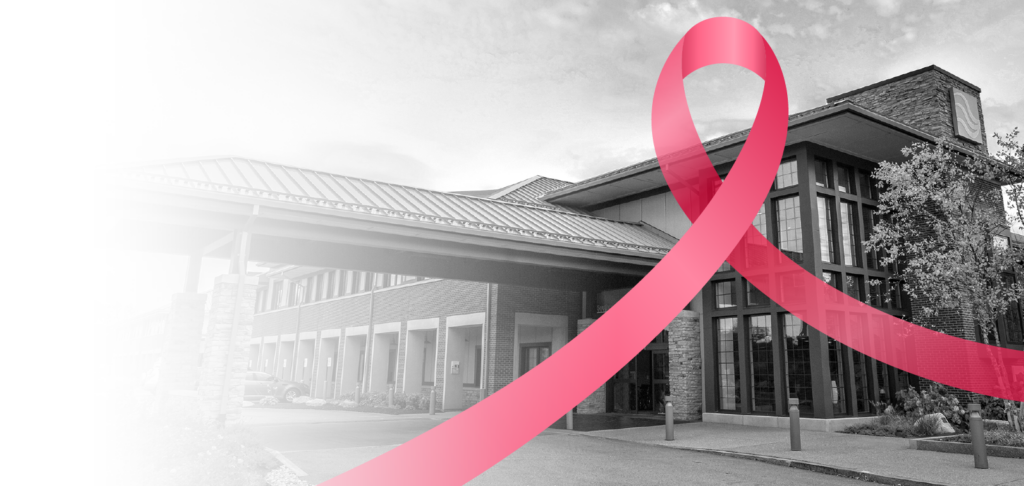
At the Southcoast Breast Center, we strive to offer the best diagnostics and treatment options available anywhere. This is no exception when it comes to patients with breast cancer. Our breast specialists, led by Dr. Maureen Chung, are proud to offer advanced methods of diagnosing and treating breast cancer through axillary surgery and sentinel node biopsy in Fall River and Dartmouth, MA.
To schedule a consultation with one of our doctors, find a specialist online or contact your nearest Southcoast Breast Center location.
Sentinel Node Biopsy
To tell if cancer has spread throughout the body (called metastasis), your doctor will likely look at your lymph nodes. Through a sentinel node biopsy (or a sentinel lymphadenectomy), your doctor can identify if cancer is present or not in the sentinel lymph node. This is the first lymph node or group of nodes that will drain cancer. If the test shows that it is node-negative (not indicating any cancer cells), it will be doubtful that other axillary lymph nodes have cancer cells. If the test is node-positive, then you may need to undergo an axillary node dissection.
Axillary Node Dissection
If cancer has spread to your lymph nodes, an axillary node dissection may be needed. This is a surgery used to remove most of the lymph nodes under the armpit (or axilla). These lymph nodes are organized into three levels (levels I, II, and III), and axillary node dissection removes affected lymph nodes in levels I and II.
Preventing Lymphedema
To prevent and identify early signs of Lymphedema, the Breast Center uses InBody technology – a non-invasive body composition tool, to assess Lymphedema signs.
The InBody test provides a detailed breakdown of a patient’s weight in muscle, fat, and water. The results are then used to evaluate the risk of developing lymphedema. The test is as simple as stepping on a scale-like device – offering a non-invasive approach for patients. Lymphedema can occur weeks to years after surgery or treatment.
With this new technology, we will be able to diagnose lymphedema sooner and initiate treatment to minimize symptoms and decrease the length of treatment needed.
Causes of Lymphedema:
Lymphedema can occur when there is a disruption in the flow of lymph nodes. The lymph nodes under the arm are called the axillary lymph nodes. They drain the lymphatic vessels from the upper arms, most of the breast, and the chest, neck, and armpit. During surgery for breast cancer, these nearby lymph nodes (and vessels) are often removed, disrupting lymph flow. The axillary lymph nodes also might be treated with radiation therapy – causing damage and scarring that affects how lymph flows through that area. All of this can lead to fluid buildup and swelling on the affected side, resulting in lymphedema.
Learn more
If you are interested in learning more about axillary node dissection or sentinel node biopsy in MA at Southcoast Health, we would be happy to work with you on the best treatment options for your diagnosis.
The Southcoast Breast Center provides sentinel node biopsy and axillary node dissection to prevent metastasis for patients in Fall River, Dartmouth and Wareham MA, and surrounding areas.
